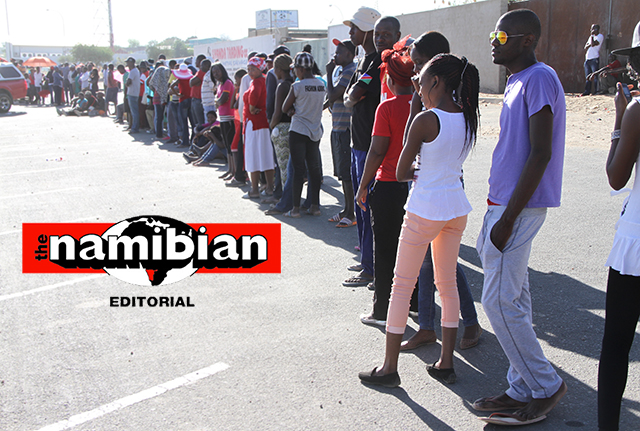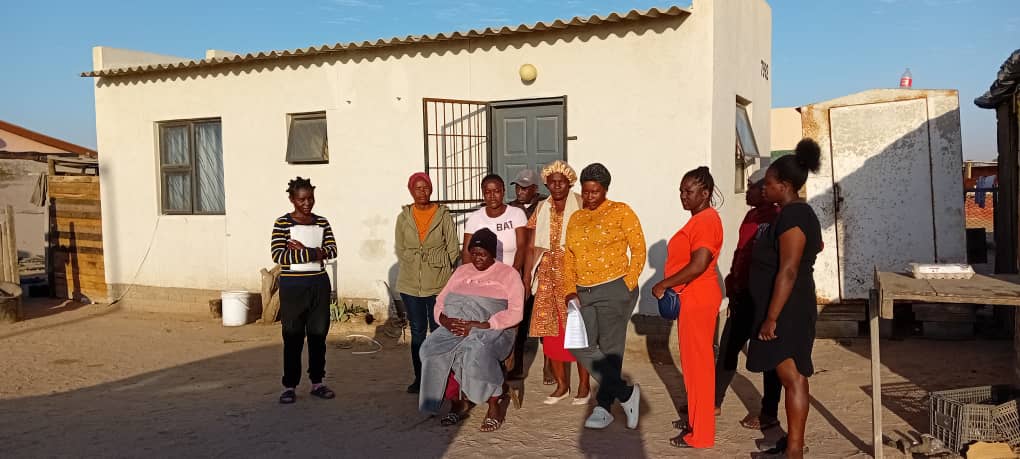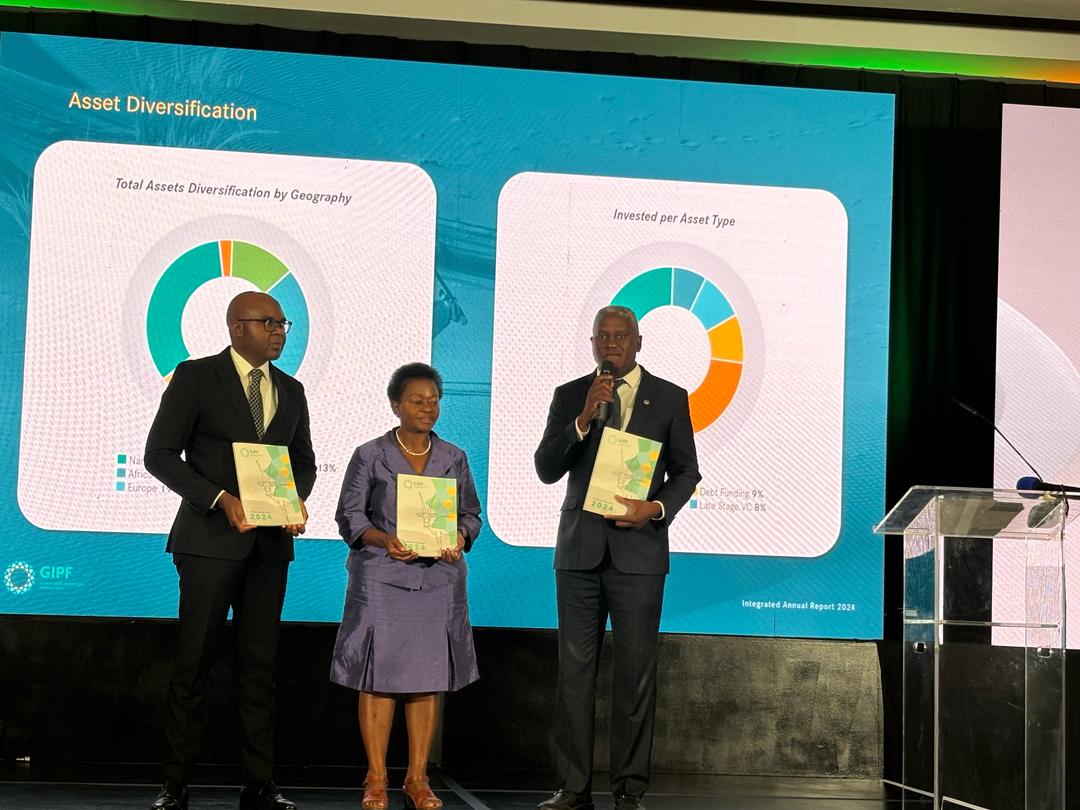OVER the past four weeks, Namibian voters will have noticed two issues all political parties have in common.
One is their joint petition asking the Electoral Commission of Namibia to bend the law for politicians to remain in government jobs while vying for parliament.
The other is launching their manifestos in a flurry of activity barely two months before voting day on 27 November 2019.
It is the second point that begs the question why parties even bother to publish so-called manifestos. What is the purpose of a manifesto if not to convince a voter about what a party plans to achieve once elected to parliament?
All political parties leave it very late, giving voters little room to digest promises – often made in as many as 50 pages.
Worse still, all parties’ manifestos take on the same formula: They uniformly make general and vague promises.
Perhaps it is the politics of our times that nearly all political parties are bereft of a serious ideological stance. And the few that choose old-fashioned ideologies make little effort to convince voters about their seriousness.
Look at it this way: Namibia is in the worst economic depression the country has experienced and one would expect political parties to go for broke and come up with new thinking to get Namibia out of the hole.
While other African countries such as Rwanda are targeting new technology and innovation as the backbone of their economies, Namibian parties are pushing for outdated promises.
Swapo, which has been in power for close to 30 years, is content with issuing a manifesto of vague promises, such as “further reduce income inequality”, promote employment and wealth creation as well as industrialisation.
It doesn’t require economists and statisticians to crunch numbers and conclude that inequality, unemployment, wealth and industrialisation have got worse over the past four years.
Even in good times, the manifestos and elections programmes of all political parties were wanting.
Is the vagueness of manifestos and political programmes indications of politicians not willing to be held accountable for their promises?
The ideal course of action would be to set specific targets for what the politicians plan to achieve once voted into power. We all know individuals will have five years in office.
While it is good to know Swapo’s Vision 2030 is the year by which it would have Namibia become industrialised, show voters how it will be done in the allocated five-year term-of-office cycle.
One opposition party promised to do away with shacks once elected. But where are the details about how it will be paid for? As choices go, something else will have to give in order to build, for instance, 10 000 mortar and brick houses in three or five years. What gets sacrificed and why?
We now know that the state doesn’t have endless resources with no money available and borrowing room curtailed.
As it stands now, the publicised manifestos and the conspicuous silence of presidential candidates about their personal commitment to voters suggest that those aspiring to political office are taking the electorate for granted.
They clearly believe they can sway the mood and temper of voters without having to convince them about their intentions once elected.
Namibians should continue to be alert to politicians bearing gifts, until they show that they are putting in an effort for people’s votes.
Stay informed with The Namibian – your source for credible journalism. Get in-depth reporting and opinions for
only N$85 a month. Invest in journalism, invest in democracy –
Subscribe Now!










